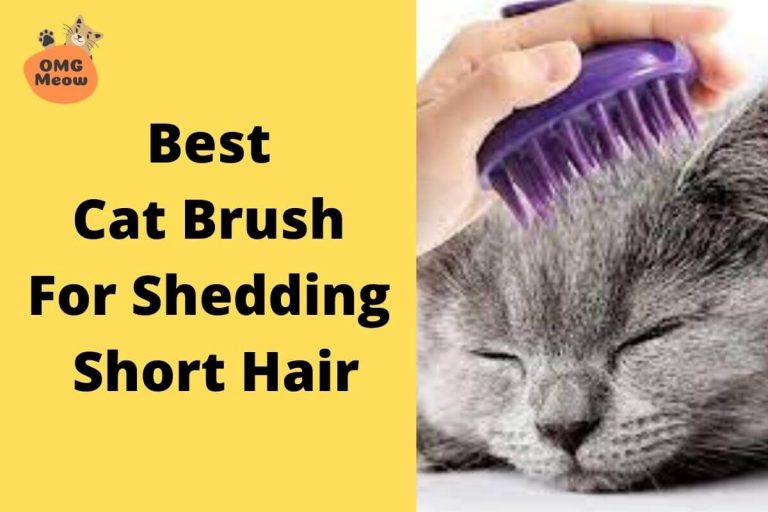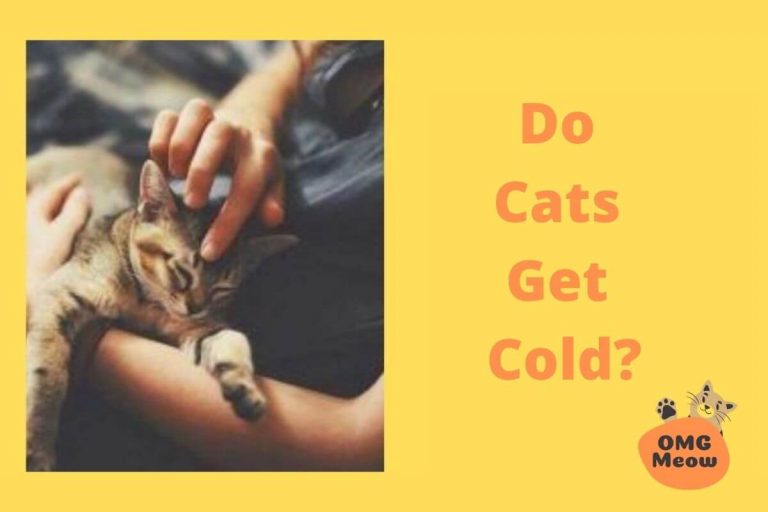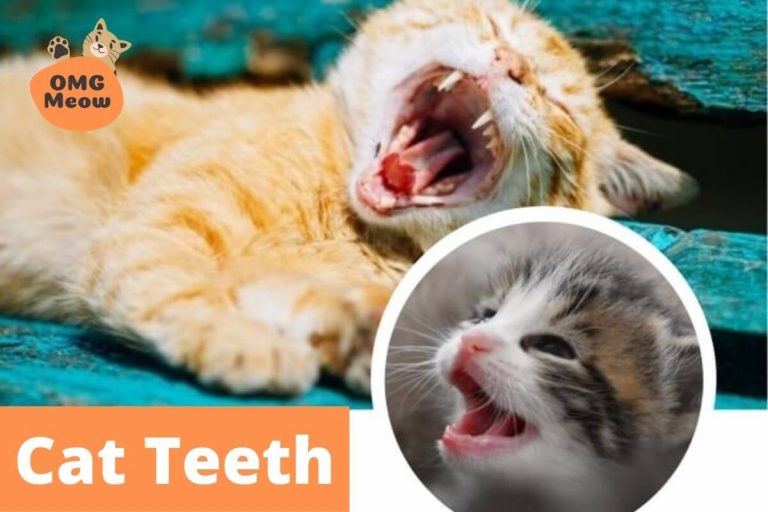If you are a lover of essential oils and have cats, you should know which essential oils are harmful to cats? That’s why we decided to compile a list of the worst essential oils for cats available on the market.
Essential oils can pose a toxic risk to domestic pets, especially cats. They are rapidly absorbed both orally and through the skin and are then metabolized in the liver. Cats lack an essential enzyme in the liver and, as such, have difficulty metabolizing and eliminating certain toxins such as essential oils.
Cats are also susceptible to phenols and phenolic compounds, which can be found in some essential oils. The higher the essential oil concentration (i.e., 100%), the greater the risk to the cat.
What essential oils are harmful to cats?
Aromatherapy, or the use of essential oils to help improve health and balance mood, is an increasingly widespread technique. There are many uses and benefits for both us and our pets, but we must remember that it can be toxic to cats before we use it.
Wondering which essential oils are toxic to cats? Here is the list that most researchers seem to agree on. However, just because an essential oil is not on this list, it does not mean that it is safe, so you should stop using any essential oil immediately if you are ever in doubt. The most harmful essential oils for cats are:
- Birch
- Basil
- Bergamot (Bitter Orange)
- Clove
- Cinnamon bark
- Wintergreen-Thyme
- Lavender
- Lime
- Lemon
- Melaleuca / Tea Tree
- Mint
- Orange
- Niauli
- Oregano
- Pine trees
- Pennyroyal
- Grapefruit
- Sage
- Tansy
- Thuja
- Thyme
- Wintergreen
- Any other oil that contains phenol
Peppermint essential oil
The use of essential oil in cats can be dangerous because of its powerful aroma and ingredient, menthol. This, if it falls near eyes, nose, skin without fur, or any wound, could cause a wrong time. Although it is excellent as aromatherapy, in cats, the effect is harmful. Avoid using it near or on them at all costs.
Lavender essential oil
Lavender essential oil is one of the most penetrating and healing scents for humans. However, in cats, it can hurt their health. From making them dizzy, leaving them dazed, or simply affecting their airways.
When washing the floors or walls of the house with this essence, it is best to do so without the cat present. It would help if you never let your domestic feline come into contact with this essential oil because it could suffer terrible consequences.
Also Read: Why Don’t Cats Like Water? How to Make my Cat Like Water?
Lemon essential oil
Lemon essential oil is lethal to cats since it is 100% pure and natural. Being a citrus fruit, it can be harmful to the integrity of felines.
The cat is sensitive to strong odors, and lemon has a potent characteristic aroma that can negatively affect it. When they detect this scent, they will tend to move and behave strangely.
Chamomile essential oil
Chamomile essential oil for humans is very relaxing. Either as a tea, infusion, or topical. For cats, it can be a time of irritation, discomfort, and burning. Using it on domestic cats is not recommended, especially directly on the skin.
When they have wounds, itching, or some skin damage, and this essential oil is applied, it can generate extra abuse in the area. There is no reason to use it to open wounds or areas without fur.
Tangerine essential oil
Mandarin orange has one of the most relaxing aromas and flavors on the market. However, for cats, it is the complete opposite. Being a citrus fruit, it causes harmful, irritating, and very exasperating effects on them. Even aromatherapy makes them behave wrongly, out of the ordinary, which will surprise you.
How to use essential oils safely around cats?

Don’t touch your cat after applying essential oils to your body
Any residual oil that accumulates on the hands and skin can end up stuck to the cat’s fur, which they will ingest when they decide to clean themselves. That’s why it is essential to wash your hands thoroughly after applying essential oils. If your beloved cat decides to rub against you, you should keep the skin you used the oils covered for a while.
Never spread oils around the home
If you spread the oils into the air, your cat will end up inhaling the oil, which could be very harmful in some instances. If you really must use essential oils by inhalation, a safer way to do this is to add a few drops to a bowl of steaming hot water, cover the bowl and your head with a towel, and then inhale the steam. Make sure your cat is in another room when you do this.
Do not apply the oils to anything the cat can rub or lick
Using essential oils as cleaners will leave a residue on the surface, which could easily be ingested by cats licking it or rubbing against the surface. As an example, it’s probably good to clean your bath with essential oils, but not your kitchen counter.
Must Read: How Long do Cats Grow? Stages of Life + Growth Guidelines
Keep all oils where your cat cannot reach
Since cats are mischievous and curious creatures, keeping essential oils out of their reach is very important. Although the oil jars are hermetically sealed, there may be residue on the outside that is harmful to your cat. That’s why it is best to store all essential oils in a closed drawer.
When possible, dilute it more
If you want to minimize the risk posed by accidental exposure to your cat, we recommend that you always use essential oils that are as diluted as possible. This way, if your cat ends up accidentally ingesting or inhaling some toxic components, the damage done to them is less likely to cause a toxic buildup.
Dishes touched by essential oils should not be left unattended
For anyone who loves to cook with essential oils, it is necessary to clean these dishes and put them away immediately after use. This is because there are very few cats in the world that will not sniff or lick your dirty dishes when you are not around.






